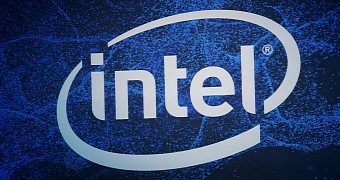Intel sees no reason to continue investments in the smartphone modem industry, so the company will auction off all of its patents and leave the business completely.
This is according to a report from IAM, which writes that Intel wants to sell some 8,500 patents to whoever pays more.
Intel will sell cellular and connective device patents, with the first category said to include approximately 6,000 patents that concern technologies owned by the company for 3G, 4G, and 5G standards. The latter section is likely to comprise around 500 patents.
While Intel wants to get rid of all its mobile patents, some 5G-related patents will be retained, as the firm will continue to invest in other devices, like PCs and laptops. 5G network is becoming the next big thing for all mobile devices, not just smartphones, and Intel wants to be a leader in the 5G market when it comes to products such as notebooks and 2-in-1s.
Qualcomm to supply chip for 5G iPhone
Intel giving up on its smartphone modem business and auctioning off all of its patents comes only a couple of months after historic settlement between Apple and Qualcomm.
The two companies decided to end their legal dispute over patent infringement and sign an agreement that would have the San Diego-based chipmaker supply 5G chips for future iPhone models.
Intel was originally projected to finalize the development of its own 5G mobile chip next year, but after Apple’s settlement with Qualcomm, it decided to abandon the project altogether. Apple was Intel’s biggest partner in the mobile market.
“We are very excited about the opportunity in 5G and the ‘cloudification’ of the network, but in the smartphone modem business it has become apparent that there is no clear path to profitability and positive returns,” said Intel CEO Bob Swan back in April.
An official announcement regarding the auction isn’t yet available, but further information should surface soon as we get closer to Intel’s rumored exit from the mobile industry.

 14 DAY TRIAL //
14 DAY TRIAL //